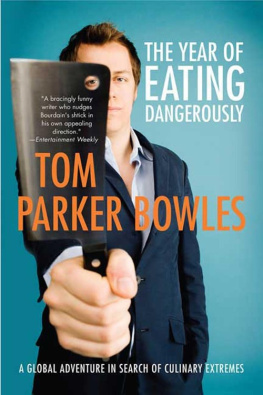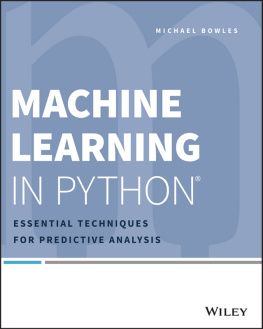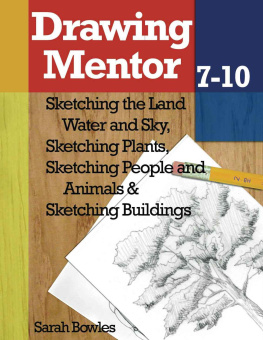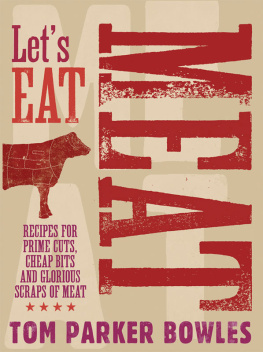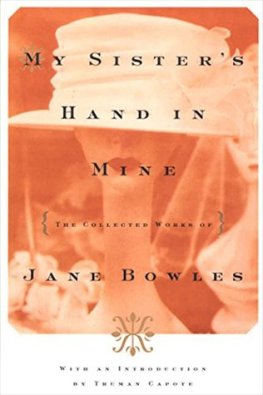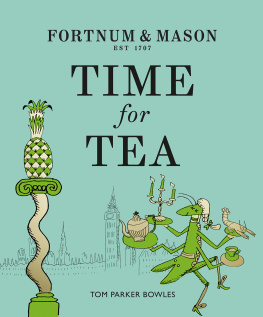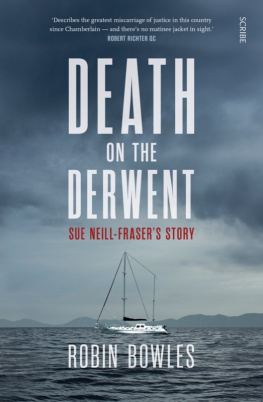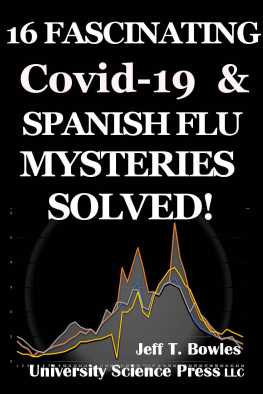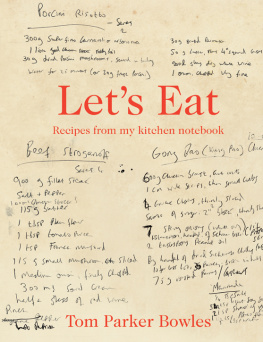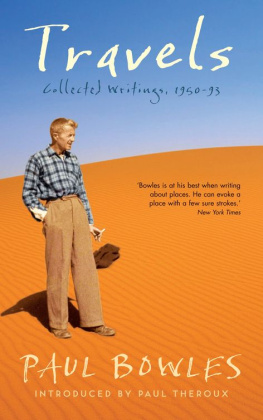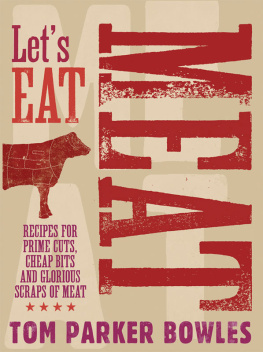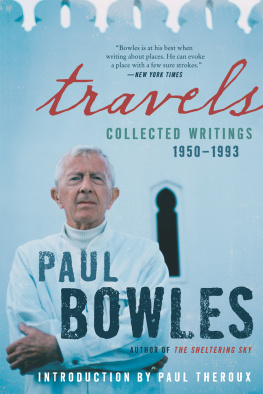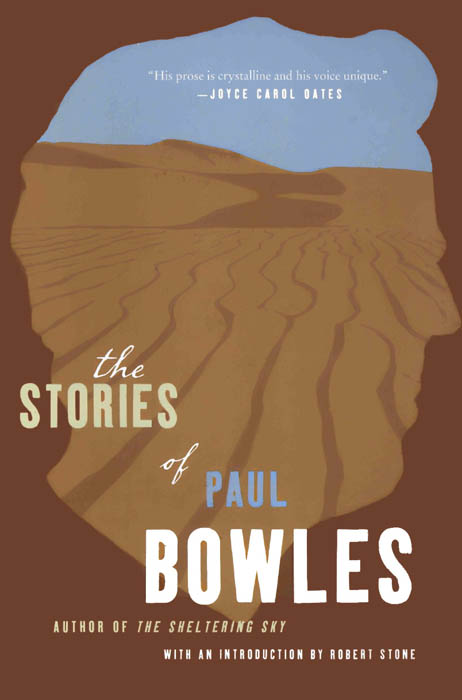
The author and publisher have provided this e-book to you for your personal use only. You may not make this e-book publicly available in any way. Copyright infringement is against the law. If you believe the copy of this e-book you are reading infringes on the authors copyright, please notify the publisher at: us.macmillanusa.com/piracy .
Contents
to Sara
ACKNOWLEDGMENTS
I would like to thank the following for all of their help, advice, and support. Without their help, this book would not have even got off the ground.
Guido Agnello, Riccardo Agnello, Antonio Baucina, Hermione Del Bono, Luca Del Bono, Andrew Parker Bowles, Rose Parker Bowles, Duca Enrico Paterno Castello, Johnson Chang, Tony Chiu, Horace Cook, Richard Cook, Camilla Cornwall, Dave DeWitt, Lucy Gormanston, Geordie Greig, Gerard Grieve, Eddie Hart, Sam Hart, Jeongdo Hong, Mrs. Hong, Jake Irwin, Riccardo Lanza, Giada Laudicina, Sebastian Lee, Lucky, Ellen Nelson, Sam and Sang Norman, Leoluca Orlando, Dana de Patto, RB Quinn, The Dowager Viscountess Rothermere, Ivan Scholte, John Shen, David and Lucy Tang, Ed Victor, Joe Warwick, Rob Waugh, Colin Westal.
My agent Grainne Fox for her endless patience, support, and inspiration.
Hannah McDonald for her honesty, input, and exemplary editing. And for gently nudging my rather lumpen prose into something a little more readable.
Sarah Bennie and Ed Griffiths for their publicity magic, and Fi and the marketing team for their polished savvy. And everyone else at Ebury.
Thanks also to everyone at St. Martins Press in the United States, especially Michelle Richter, Ellis Trevor, and my wonderful editor Elizabeth Beier.
And thank you to Lee Schrager and Ben Elliot for their hard work helping to launch the book stateside.
INTRODUCTION
My love affair with America was, for the first twelve years of my life, a far-off, unrequited crush. I gazed longingly at this mythical land from afar, my youthful passion fuelled by a ceaseless flow of movies, television, and comics. It mattered little that the farthest west Id ever been was Cornwall, at the toe of Britains isle, because the accent of my imagination was firmly American. Anything that glided over the Atlantic, from Indiana Jones, Archie, and Ronald Reagan to Lifesavers and Tab Clear, seemed impossibly glamorous in comparison to the seeming drabness of my own world. But my infatuation with American food overwhelmed any other concern. While we were draped in the dull brown and orange livery of Sainsburysa glum, plodding existenceAmerica seemed glossily alive and dynamic. Not for them variety packs of ready salted crisps or bulk loads of PG Tips; America had Fritos and iced tea. It had cherry slushies, all frozen and tingling. We had Sainsburys orange squash. America was a land filled with McDonalds, Burger King, and Dairy Queen, bright, pristine, and filled to the gills with glorious burgers. We had the dull suburban yawn that was Wimpy, with its sad meat patties and second-rate, watery milk shakes. America had Willy Wonka candy, Twinkies, Baby Ruth, M&Ms, Reeses Pieces, Hersheys Kisses, and a million other exciting, slick sweets that were made all the more desirable by their appearance on the big screen. All we got was a Terrys Chocolate Orange. And because of this imagined world, America became an edible Emerald City, a culinary Kubla Khan where hot dogs paved the streets and Kool-Aid flowed from taps. A place where Chuck Norris took it in turns with Arnie to keep the peace, while Corey Haim kept the well-coiffed vampires at bay. This was my culinary mecca, not the familiar landscapes of home, or France, Spain, or Italy. And the sooner I could get there, the sooner I could start my edible American Dream.
Its not that my own life was dull or unhappy. Anything, but, in fact. I grew up in a big house in the country, with a farm attached. My family has always been great eaters and food a source of joy and celebration rather than just fuel to get by. Actually, were all pretty damned greedy, full stop. My father was, and still is, a keen gardener. When I was a child, hed bring in hauls of knobbly Pink Fir Apple potatoes, tiny broad beans nestled in their furry pods. Then plump, fiery radishes, endless varieties of lettuce, curly kale, prickly artichokes, and mammoth cauliflowers. There were plums and apples and pears in autumn, picked straight off the tree. And figs as warm and seductive as a Sicilian breeze. This was local, seasonal fresh food way before the concept became trendy. I assumed that everyones father had large kitchen gardens and chickens pecking about the lawn. My sister and I used to collect fresh eggs from the hen-house every morning (very softly, so as to avoid the broody hens angry beak). They were warm to the touch, with a brilliant yellow yolk. At Easter, my father would swap the brown speckled eggs for chocolate ones, covered in a sugar shell so realistic that even the birds were fooled. We all had favorite birds, including one called Whitey who was convinced he was human. Hed strut into the kitchen and chase the dogs. Sadly, he fell victim to Mr. Fox, who ripped off his head along with six of his favorite ladies. So we respected the various animals that milled about the farm but were under no illusions as to their purpose. The link between beast and plate was always made clear, in very unsentimental terms; all the creatures on the farm were for milking or eating, save Humphrey, an overweight and irritable sheep who had escaped the abattoir though pure strength of character. Cruelty to any beast was unthinkable and still remains one of the most important lessons I learned; if we eat meat, we must ensure it was raised in the most humane way possible.
It was only my mother who cooked, although we had various lovely (and generally wide) ladies in to help occasionally. My father could hardly boil a kettle, let alone fry an egg (hes improved now, stretching to Dover sole, kippers, and steak). He would grow, raise, or buy the ingredients and my mother would cook them. Thankfully, she was a master of simplicity. She made no secret of hating pastry and cakes and the other, more empirical side of British cuisine. But show her a flappingly fresh Dover sole or a piece of well-hung beef and shed produce perfection every time. The average time between being dug up and appearing on the plate was about thirty minutes so the flavors were clean, pure, and sharp. This sort of pared-down cooking only works when the ingredients were of the very highest quality which they were. Summer nights were filled with the aforementioned sole and saut potatoes, say, with a handful of rosemary from the bush outside the kitchen (always pick from the highest branches, as those dogs, warned my father, just love to piss on the base). Freshly podded peas with roast chicken (perfectly burnished, with the essential lemon up its ass), freshly boiled prawns with mayonnaise and blushing pink wild salmon with buttery new potatoes. Then summer puddings pregnant with tart berries and gooseberry fools, homemade, with just the right amount of tart to make the lips pucker. Winters meant hearty, soul-sustaining stews and braises and roasts and buttery potted shrimps (always from Mr. Baxter in Morecombe Bay) and the very tenderest of calves liver. Pudding was treacle sponge or treacle tart and I never remember a hungry or unhappy meal. These first eight years of my upbringing were blissful in every sense. But then, out of nowhere, came the sucker punch that would change my happy, privileged world forever five years of prep school.
This particularly British institution sees eight-year-old boys packed off for five years of education away from home. As sad as I was to leave my parents and sister, I wasnt unduly worried by the whole thing. I had friends from my previous school to meet up with and the whole thing seemed more adventure than trial. But it was there, cosseted behind high walls just outside Oxford, that I learned the true meaning of disgust. The food was institutional slop of the lowest form, the sort of bland, unthinking crap that gave British cuisine such a filthy reputation. Within two days, Id moved from belly-filling bliss to hellish gastronomic torment. Breakfast consisted of scummy, pallid flaps of tired bacon, cooked days in advance. God only knows the state of the wretched pig that produced this sorry dross but you can guarantee he wasnt a happy porker. Then fried egg with the consistency of ice hockey pucks and imbued with a faint, sinister, fishy tang. There was fried bread sodden with cheap grease that would slip down your throat and taint the palate for days to come; and highly suspect sausages that almost certainly contained the ear lobes and assholes and other assorted detritus of the abattoir floor. Even the toast was either burned to ashes or raw and soggy.
Next page
